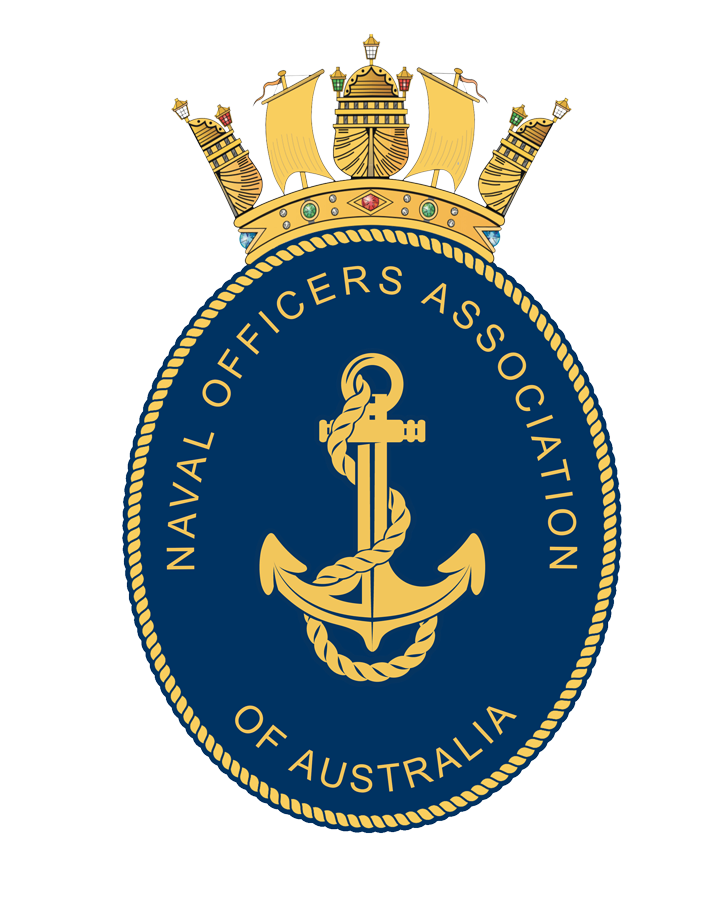 Virginia SSW The USS Jimmy Carter is widely regarded as the most secretive submarine in the U.S. Navy. It is especially equipped for Seabed Warfare, unreported missions deep below the waves. Now a new seabed warfare submarine, using a Virginia Class hull, is planned.
Virginia SSW The USS Jimmy Carter is widely regarded as the most secretive submarine in the U.S. Navy. It is especially equipped for Seabed Warfare, unreported missions deep below the waves. Now a new seabed warfare submarine, using a Virginia Class hull, is planned.
The U.S. Navy plans a single Mod VA SSW submarine. Work is already underwater at famous submarine builder Electric Boat in Groton. The main observable difference from other Virginia’s will be the special mission insert with extended drop keel.
The USS Jimmy Carter is currently the U.S. Navy’s principle seabed warfare submarine, specially fitted for covert spy missions deep beneath the waves. Now plans are underway to build a follow on special spy submarine using the newer Virginia Class hull.
A single Mod VA SSW (Modified Virginia, Subsea and Seabed Warfare) version of the Virginia Class is expected to be built.
Work is already underway at the famous Electric Boat shipyard in Groton, Connecticut. A basic outline of the design was shared by General Dynamics Electric Boat’s President, Kevin Graney, in a January 2022 at a Connecticut Economic Summit in 2022. Since then some information about the SSW design has slowly emerged in open sources, but naturally the details remain cloaked. According to the Congressional Research Service, a single boat will be procured in the U.S. Navy’s 2024 budget. The calculated cost is $5.1 billion, almost a billion more than the baseline Virginia Class.
Seabed warfare has been brought into sharp focus by Russia’s ongoing efforts to map undersea infrastructure. And by the September 2022 with the attack on the Nord Stream gas pipelines in the Baltic. There is no suggestion that the USS Jimmy Carter was involved in the Nord Stream incident (it wasn’t!). But the attack shows the relevance of these capabilities. Most seabed warfare however is closer to espionage than sabotage. And the American submarines excel.
The history of operations against undersea infrastructure, such as sensor networks, communications and energy infrastructure goes back a long way. And both the U.S. Navy and Russian Navy have strong traditions.
In the 1970s Operation Ivy Bells saw the U.S. Navy tapping Soviet communications networks deep undersea. Tapping the cables which the Soviets thought were safe gave the U.S. valuable insight and intelligence. The first tap, in the Sea of Okhotsk was followed by several others of similar significance but less fame. The USSR only found out about them when a Soviet spy deep in the American intelligence apparatus, Ronald Pelton, betrayed them.
At first the U.S. Navy used a converted cruise missile submarine, USS Halibut. This was followed by USS Seawolf and then USS Parche, both of which were upgraded with extended hulls to carry the specialist equipment.
Then in the 2000s one of the new Seawolf class submarines, USS Jimmy Carter, was built with the hull extension already fitted. This submarine becoming the premiere seabed warfare boat of the U.S. Navy. The new specialized Virginia class submarine will augment or succeed USS Jimmy Carter.
Extract details of the new Virginia SSW submarine are, as we should expect, unclear. Even the USS Jimmy Carter which has been in service almost 20 years remains something of a mystery. However we can expect the new submarine to carry specialist uncrewed underwater vehicles (UUVs), remote operated vehicles (ROVs) and special operations submersibles.
Some of the vertical launch systems for missiles, known as VPMs (Virginia Payload Modules) will be repurposed for new systems. Additionally the keel beneath them will be extended. Exactly how this will interface with specialist submersibles can only be speculated at.
Russia too has a long tradition of seabed warfare. And relative to even the U.S. Navy, is heavily invested in this area. The largest submarines in service anywhere in the world are Russia’s fleet of specialist submarines. The U.S. Navy’s seabed warfare capability is likely more sophisticated, but Russia’s is broader and more plentiful.
So if the U.S. Navy wishes to retain any advantage it has, it is natural that it would look to have a successor to the USS Jimmy Carter. Source: NavalNews
